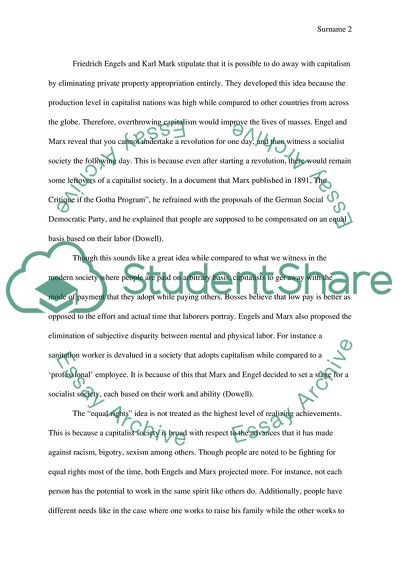Cite this document
(“Explain the ways in which Marx & Engels, Luxemburg and Lenin view Essay”, n.d.)
Explain the ways in which Marx & Engels, Luxemburg and Lenin view Essay. Retrieved from https://studentshare.org/history/1640684-explain-the-ways-in-which-marx-engels-luxemburg-and-lenin-view-capitalism-and-the-revolution-that-is-required-to-overcome-its-what-are-the-weaknesses-and-strengths-of-the-arguments-how-is-this-evident-in-warren-beattys-film-reds
Explain the ways in which Marx & Engels, Luxemburg and Lenin view Essay. Retrieved from https://studentshare.org/history/1640684-explain-the-ways-in-which-marx-engels-luxemburg-and-lenin-view-capitalism-and-the-revolution-that-is-required-to-overcome-its-what-are-the-weaknesses-and-strengths-of-the-arguments-how-is-this-evident-in-warren-beattys-film-reds
(Explain the Ways in Which Marx & Engels, Luxemburg and Lenin View Essay)
Explain the Ways in Which Marx & Engels, Luxemburg and Lenin View Essay. https://studentshare.org/history/1640684-explain-the-ways-in-which-marx-engels-luxemburg-and-lenin-view-capitalism-and-the-revolution-that-is-required-to-overcome-its-what-are-the-weaknesses-and-strengths-of-the-arguments-how-is-this-evident-in-warren-beattys-film-reds.
Explain the Ways in Which Marx & Engels, Luxemburg and Lenin View Essay. https://studentshare.org/history/1640684-explain-the-ways-in-which-marx-engels-luxemburg-and-lenin-view-capitalism-and-the-revolution-that-is-required-to-overcome-its-what-are-the-weaknesses-and-strengths-of-the-arguments-how-is-this-evident-in-warren-beattys-film-reds.
“Explain the Ways in Which Marx & Engels, Luxemburg and Lenin View Essay”, n.d. https://studentshare.org/history/1640684-explain-the-ways-in-which-marx-engels-luxemburg-and-lenin-view-capitalism-and-the-revolution-that-is-required-to-overcome-its-what-are-the-weaknesses-and-strengths-of-the-arguments-how-is-this-evident-in-warren-beattys-film-reds.


